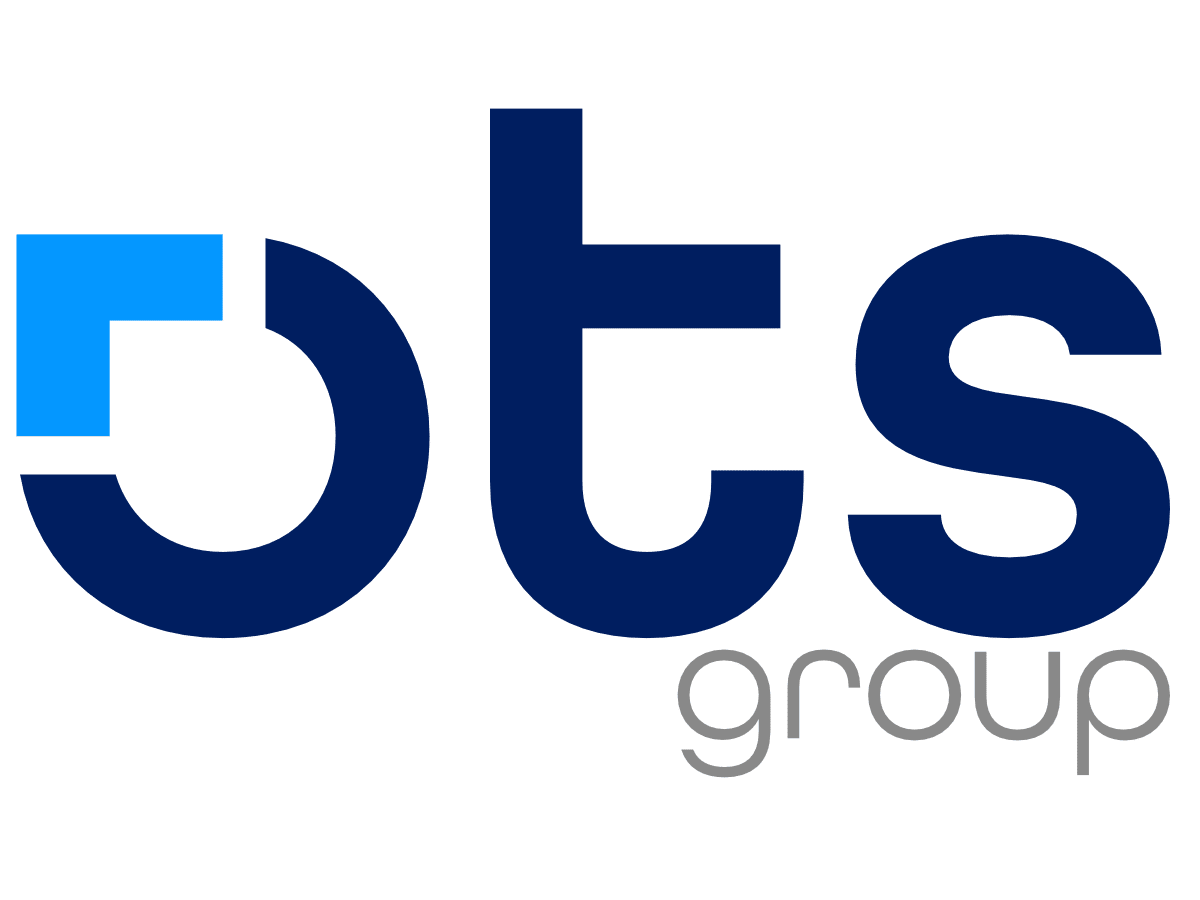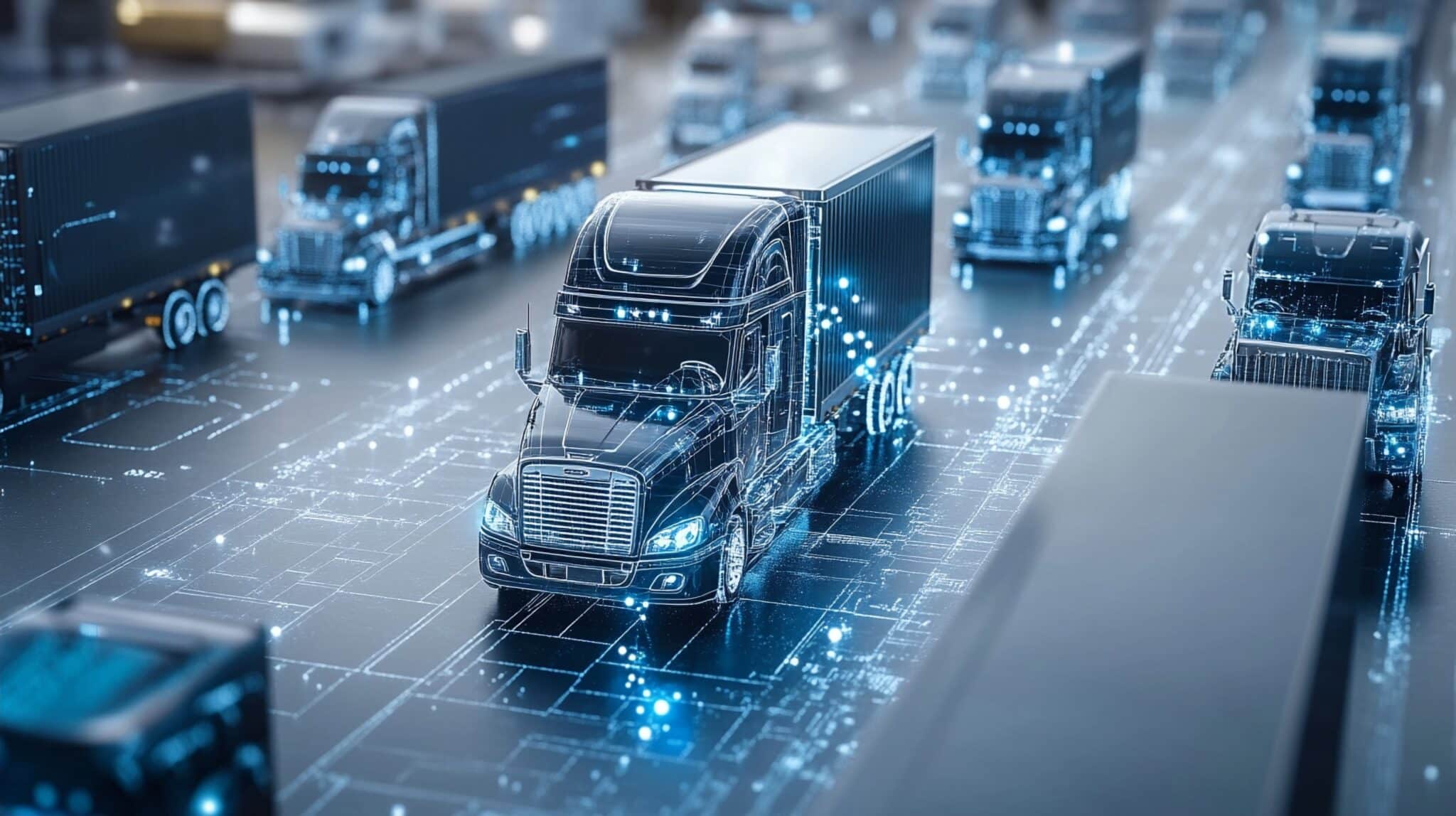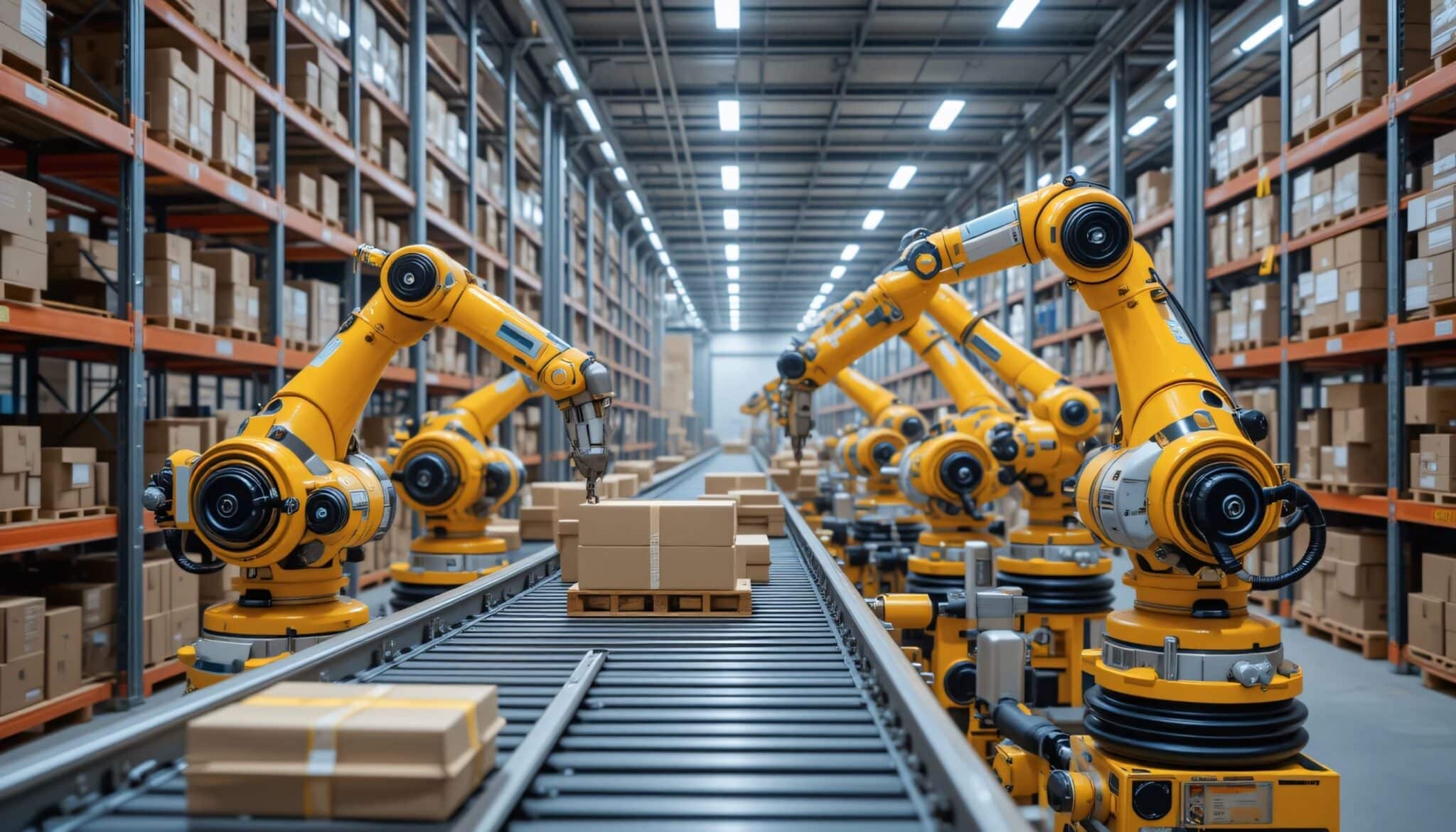The logistics industry is undergoing a profound transformation, driven by artificial intelligence (AI) and automation. From real-time tracking to warehouse robotics and predictive analytics, AI is making supply chains faster, more efficient, and resilient.
But as technology evolves, businesses must adapt quickly to stay competitive. In this article, we explore how AI is revolutionizing logistics, what’s next in automation, and how companies can prepare for the future.
How AI is Transforming Supply Chain Logistics
AI is no longer a futuristic concept—it’s already reshaping logistics in several key ways:
1. Predictive Analytics & Demand Forecasting
Traditionally, supply chains relied on historical data to predict demand. AI-powered algorithms now analyze real-time market trends, weather patterns, geopolitical events, and consumer behavior to provide highly accurate forecasts.
- Companies can adjust inventory before demand surges, reducing stockouts and overstocking.
- AI-driven insights help manufacturers and retailers plan smarter production schedules and transportation routes.
2. Automated Warehousing & Robotics
Warehouses are becoming increasingly automated with robotics, AI-driven sorting systems, and autonomous vehicles.
- Robotic picking systems use AI to quickly identify and retrieve items, reducing human error and increasing efficiency.
- Autonomous forklifts and drones optimize inventory management, cutting labor costs and speeding up fulfillment.
- AI-powered software ensures optimal warehouse layout design for maximum space utilization.
3. AI-Powered Route Optimization & Smart Transportation
AI is enhancing transportation efficiency by analyzing traffic patterns, weather conditions, fuel consumption, and delivery schedules to determine the best possible routes.
- AI-based fleet management helps companies cut fuel costs and reduce carbon footprints.
- Autonomous delivery vehicles are emerging, with companies like Tesla and Waymo leading the charge in self-driving logistics.
- AI-enhanced GPS systems can reroute deliveries in real-time to avoid congestion and delays.
4. Real-Time Supply Chain Visibility
End-to-end supply chain visibility is critical in today’s complex logistics environment. AI-powered platforms provide real-time tracking, automated alerts, and predictive risk management.
- Logistics managers can track shipments in real-time and anticipate disruptions before they happen.
- AI-driven dashboards allow for proactive decision-making, reducing downtime and enhancing customer satisfaction.
5. Chatbots & AI Customer Service
AI chatbots are increasingly handling logistics-related customer interactions, providing instant responses to inquiries, tracking updates, and shipment scheduling.
- Businesses can improve response times and reduce reliance on human customer service agents.
- AI-driven chatbots assist in automating documentation and order processing.
What’s Next? The Future of AI and Automation in Logistics
The rapid pace of technological innovation means we’re just scratching the surface of AI’s impact on logistics. Here’s what’s next:
1. Autonomous Trucks & Drones
- Major logistics providers are testing self-driving trucks to reduce labor costs and improve long-haul transportation efficiency.
- Drones for last-mile delivery are becoming a reality, with Amazon and UPS leading the way.
2. Blockchain & AI Integration
- AI-powered blockchain technology will provide tamper-proof supply chain records, improving transparency and security.
- Smart contracts will allow automated payment processing and seamless compliance tracking.
3. Hyper-Automated Fulfillment Centers
- Warehouses will be 100% automated, with AI-controlled robotic systems handling every step of order fulfillment.
- AI will further improve predictive maintenance, ensuring logistics equipment is serviced before breakdowns occur.
4. Sustainable AI Solutions
- AI will drive greater sustainability in logistics by optimizing fuel consumption, reducing waste, and improving energy efficiency.
- Smart algorithms will help companies track and minimize their carbon footprint.
Challenges & Risks of AI in Logistics
Despite its benefits, AI adoption in logistics presents challenges:
- High Implementation Costs: Advanced AI solutions require significant investment in infrastructure, training, and integration.
- Cybersecurity Risks: AI-driven supply chains depend on massive data flows, making them potential targets for cyberattacks.
- Workforce Displacement: As automation takes over routine tasks, companies must reskill workers for higher-value roles.
- Regulatory Uncertainty: The adoption of autonomous vehicles and AI-driven logistics faces legal and regulatory hurdles in different markets.
How OTS Group Are Leveraging AI
As AI reshapes logistics, companies need expert partners to implement and optimize these technologies. We at OTS Group are already leveraging AI-driven solutions to help businesses stay ahead.
- AI-Powered Route Optimization: Using AI to plan and adjust delivery routes for efficiency.
- Smart Warehousing: Implementing automated picking, real-time inventory tracking, and predictive analytics.
- Real-Time Shipment Visibility: Providing clients with AI-driven tracking solutions for enhanced supply chain control.
- AI-Enhanced Customer Service: Using chatbots and automation to improve customer interactions and support.
Final Thoughts: Preparing for an AI-Powered Logistics Future
The future of logistics is intelligent, automated, and data-driven. Businesses that embrace AI and automation will gain a competitive edge, improving efficiency, sustainability, and customer satisfaction.
However, AI adoption must be strategic—companies must balance technological advancements with workforce development, cybersecurity measures, and compliance readiness.
As AI continues to revolutionize supply chains, businesses must stay ahead of the curve by partnering with expert logistics providers and leveraging cutting-edge automation solutions.


